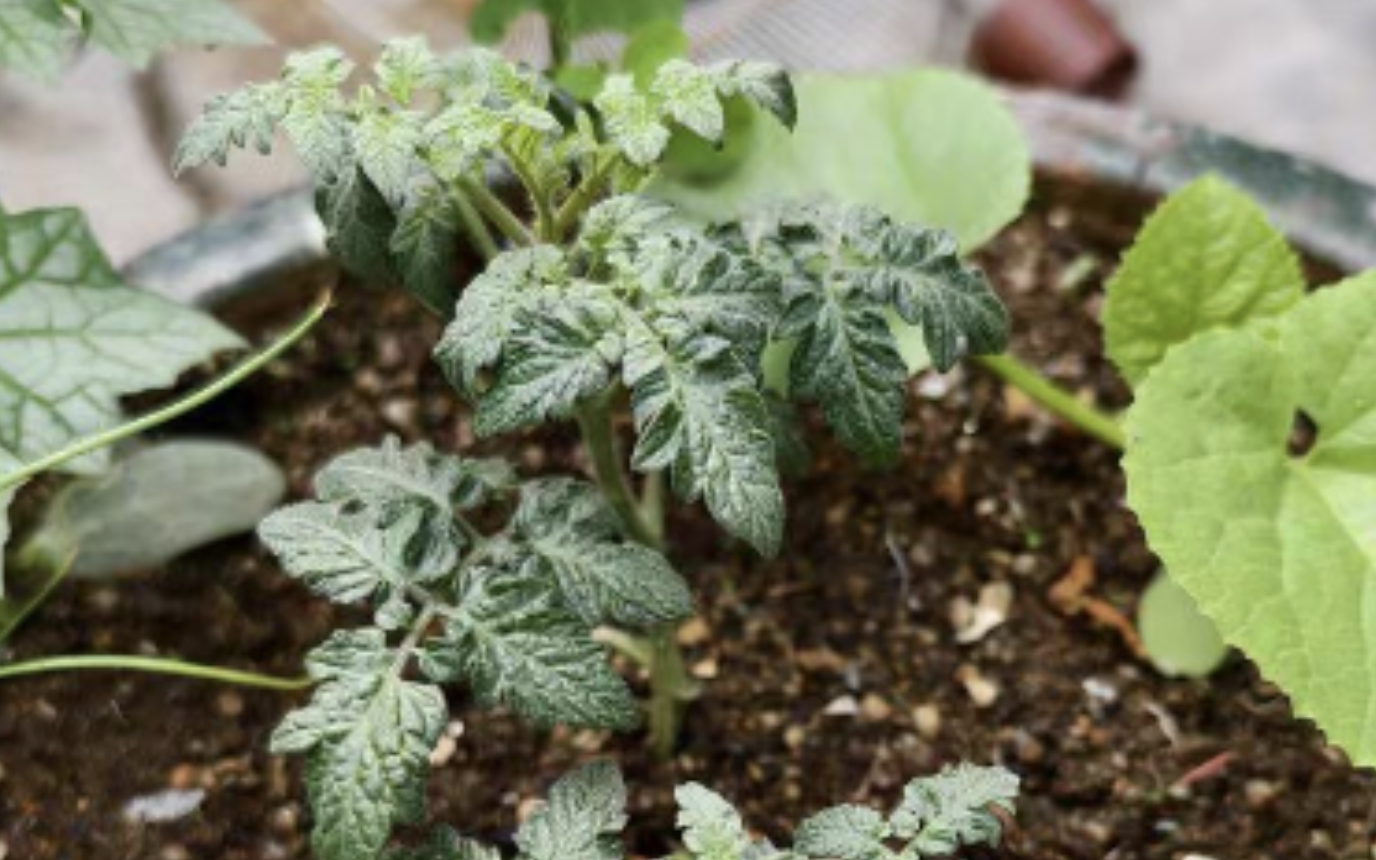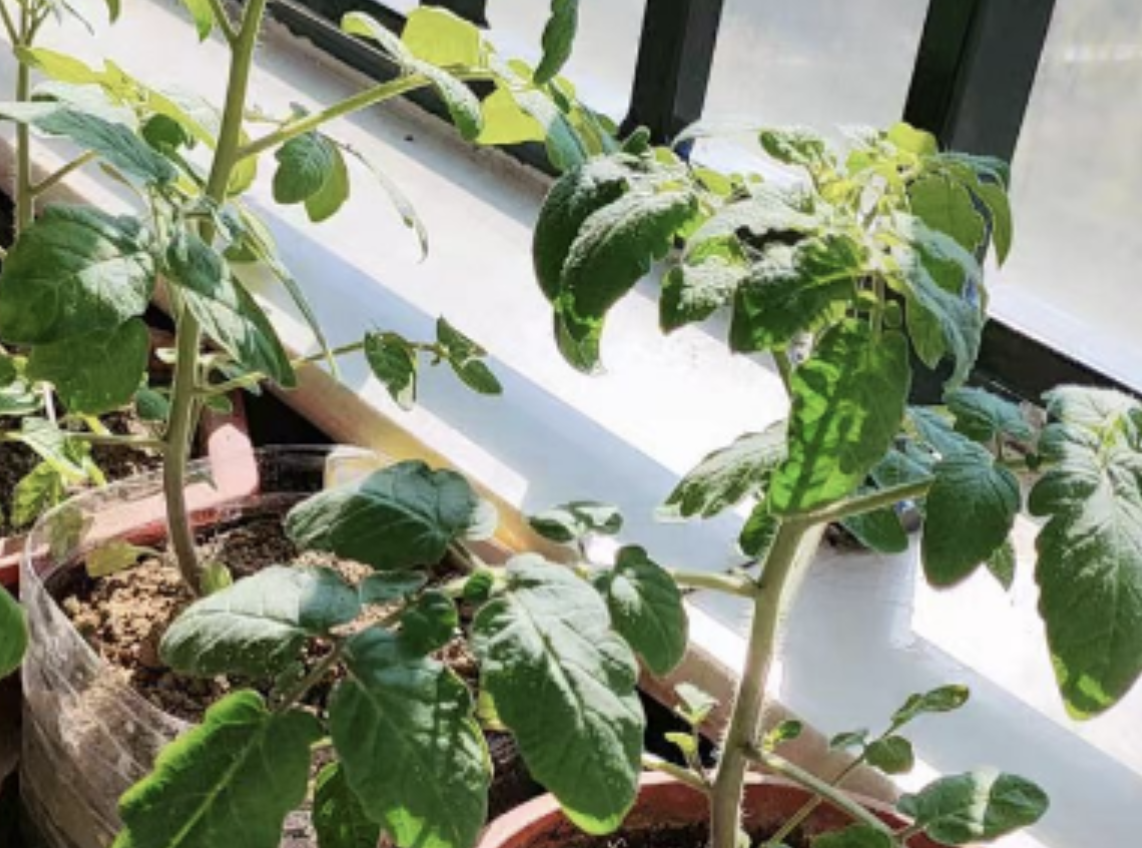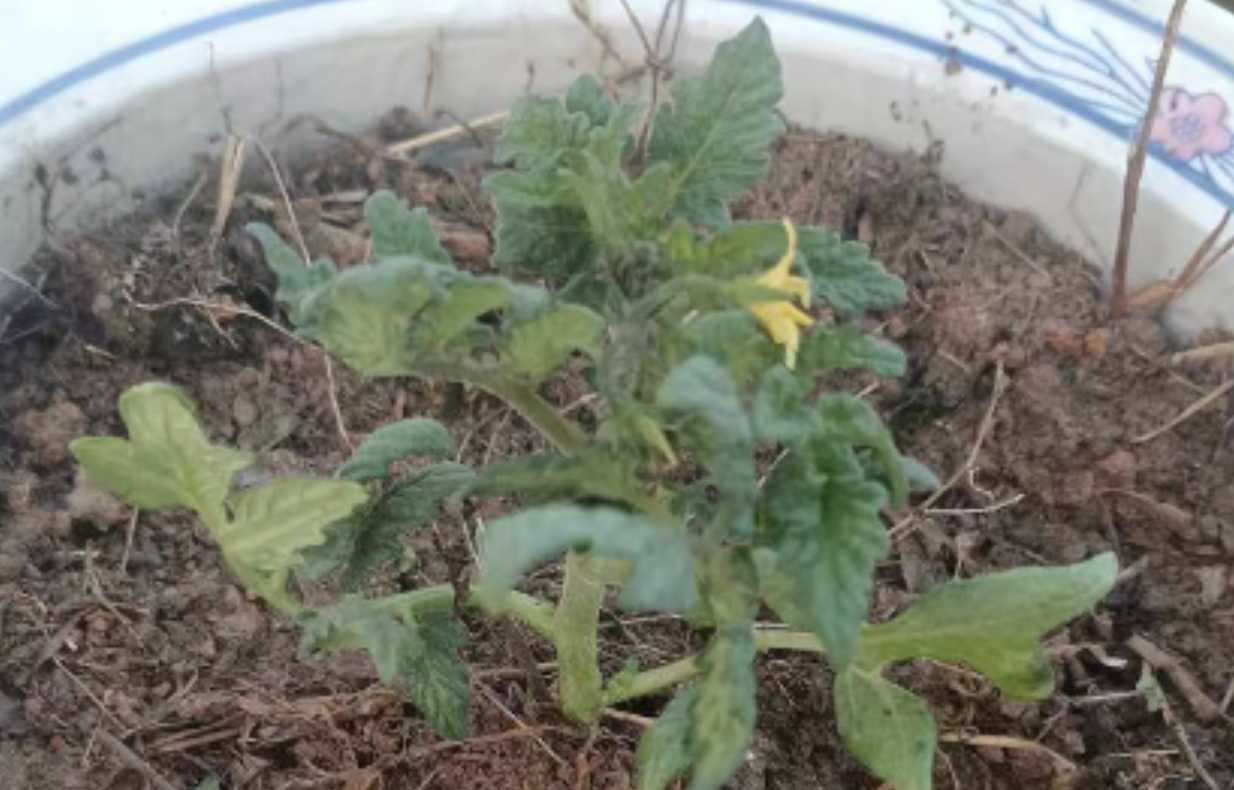With the New Year approaching in about half a month, many people enjoy keeping ornamental plants at home to enhance the festive atmosphere. In recent years, the elegant and graceful orchid has become one of the best-selling plants. Its flowers are so beautiful that they often leave people in awe. However, caring for orchids is not as simple as it seems. Fertilizer is an essential aspect of orchid care. Let's discuss the fertilizer requirements for orchids.

As we all know, fertilizing is crucial for plant care, especially during the growing season of orchids (spring and summer). Proper fertilization not only boosts the plant's immunity and nutrient supply but also promotes stem and leaf growth and the blooming of flowers. However, some plant enthusiasts may cause imbalances in the soil's pH by applying incorrect fertilizer concentrations, leading to nutrient excess that the plant cannot absorb. This often results in stunted growth, yellowing leaves, and even root rot. Therefore, for beginners, choosing slow-release organic fertilizers is a wise option, as these fertilizers gradually release nutrients and reduce the risk of over-fertilization.
Here are some fertilizer recommendations: during the orchid’s peak growing season in spring and summer, more nutrients are needed to support growth. Fertilizers with a higher nitrogen content, such as humus fertilizer or compound nitrogen fertilizers, can be used to meet the orchid's growth needs.
In addition to fertilizing during the growing season, orchids also need sufficient nutrients during blooming. At this stage, fertilizers with a higher phosphorus content, such as diammonium phosphate and potassium phosphate, should be used to ensure fuller buds and more vibrant flowers. However, when the temperature is consistently low, fertilization should be stopped, as the orchid may have entered dormancy. During dormancy, the entire plant’s metabolism slows down, and the roots no longer need extra nutrients. Continuing to fertilize at this time can lead to root rot. Therefore, it is recommended to resume fertilization after the temperature rises.
In conclusion, for orchids, which require high levels of nutrients, it is advisable to supply fertilizer throughout the year, carefully selecting compound fertilizers with the right ratios of nitrogen, phosphorus, and potassium, or using specialized orchid fertilizers.





Leave a Reply